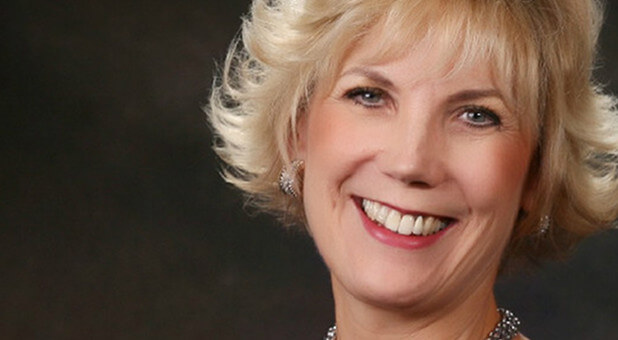Letting go of a grudge is good for your health. Grudges increase tension and stress, deplete energy, cause isolation and prevent old wounds from healing. Grudges steal joy, disrupt sleep and harden hearts and arteries. Such bitter emotions can even get in the way of prayers. Resentment keeps us in chains unless we recognize it as bitterness. Give up the grudge and our right to get even, and we will gain peace, sound mind and restful sleep. We can train our minds to refuse to keep score of the wrongs others have committed against us through the power of God’s Word. Remember that 1 Corinthians 13:5 says love “keeps no record of wrongs” (NIV).
Q: Survival during a physical fall is dependent more on how you land than how you fall. How can we prepare to land on our feet when we fall figuratively?
SG: We can prepare and plan ahead because we know it’s not if but when we will “fall.” We can spend time with God in prayer and in His word every day. In times of peace and prosperity, we might want to take a vacation from spending time with God. If, instead, we choose to put down our roots, we will invest in a huge spiritual return.
So when we do “fall down” in the changes and challenges of life, we sense God is near. We believe God is just a prayer away and waits for us to ask Him to help us get back up when we are knocked down by life. God wants us to reach out to Him in times of difficulty, doubt, despair, depression, disappointment, disease, destruction, divorce, discouragement, domestic violence or death. God’s hand is extended to us.
His will for us when we are down and out is to turn to Him and ask for a hand up. He asks us to lace our fingers into His. “God gives a hand to those down on their luck, gives a fresh start to those ready to quit” (Ps. 145:14, MSG).
Q: Why do we feel we have to clean up our messy lives before turning to God? Isn’t the whole point that we can come to Him as we are?
SG: We are afraid of being vulnerable before God. Some of us can hardly stand ourselves, so we wonder why God would love or how he could possibly love someone like us. We forget the church should be a hospital for the sick. We measure ourselves against others around us, masking our pain and hiding our true feelings.
This belief system is an addiction; it’s called perfectionism. If we read our Bible regularly, we find the testimony of the Apostle Paul in 1 Timothy 1:12-16 is also extended to us. It reads, “I thank Christ Jesus our Lord, who has given me strength, that he considered me trustworthy, appointing me to his service. Even though I was once a blasphemer and a persecutor and a violent man, I was shown mercy because I acted in ignorance and unbelief. The grace of our Lord was poured out on me abundantly, along with the faith and love that are in Christ Jesus.
“Here is a trustworthy saying that deserves full acceptance: Christ Jesus came into the world to save sinners—of whom I am the worst. But for that very reason I was shown mercy so that in me, the worst of sinners, Christ Jesus might display his immense patience as an example for those who would believe in him and receive eternal life” (NIV).
Now that’s a great example of God’s unconditional love!
Leilani Haywood is a Kansas City, Mo. based award-winning writer and columnist. Her work has been published in the Kansas City Star, Metro Voice and other publications. When she’s not updating her status on Facebook or Twitter, she’s driving her three kids to school or their next rehearsal. Follow her on Twitter @leilanihaywood.












